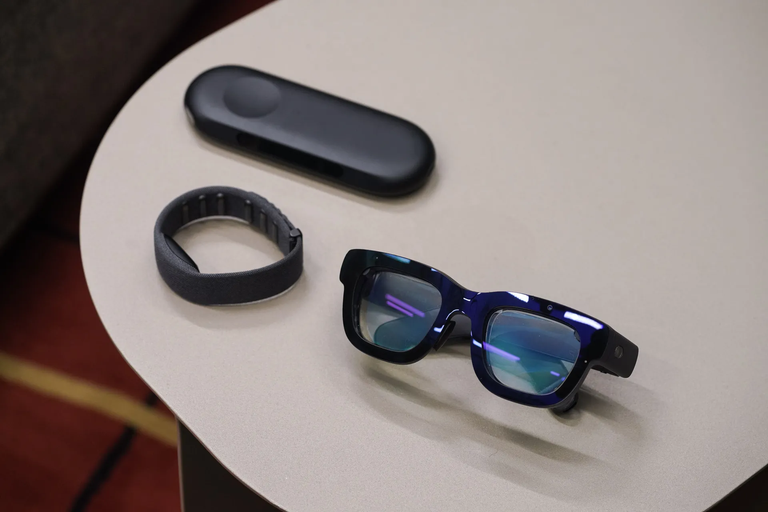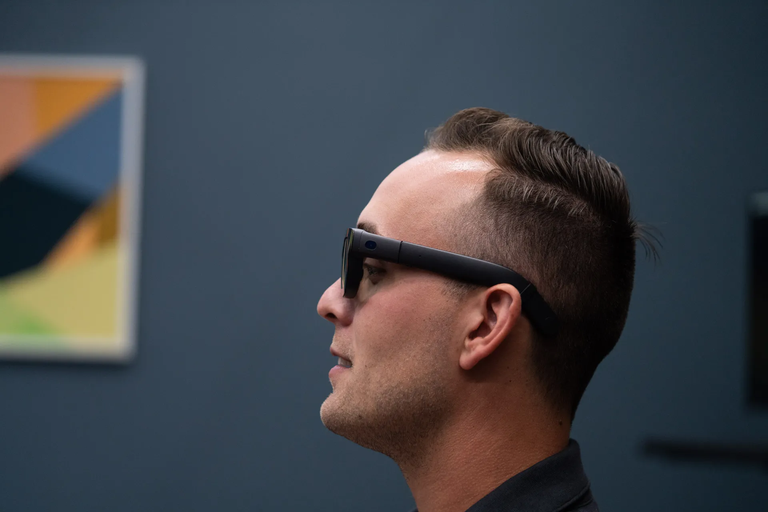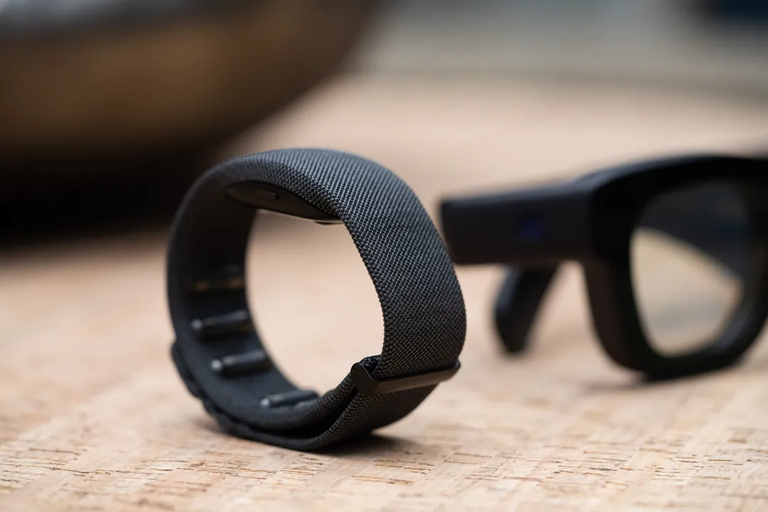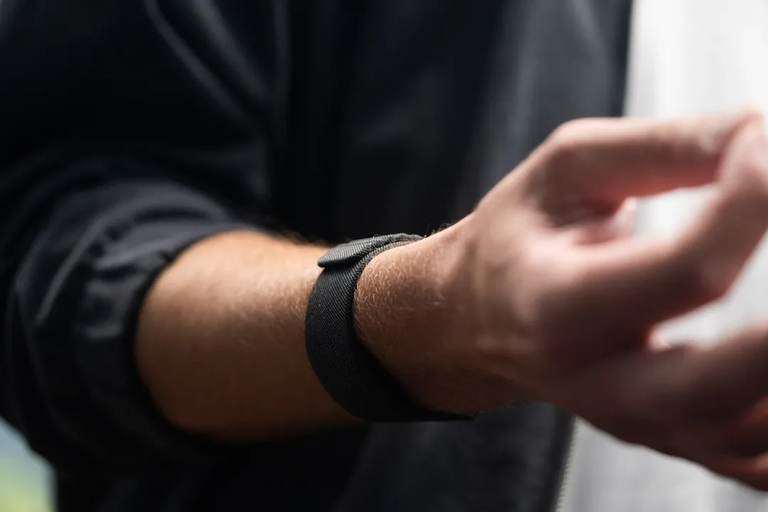How Meta's AR glasses will replace your phone
Meta teased Orion, their first augmented reality glasses that you cannot buy now, but it is a glimpse of the future Mark Zuckerberg is trying to build with the possibility of replacing phones today with the glasses. While it is a ground-breaking feat, there are a few limitations that Meta has to work on.

Orion looks like a regular pair of glasses, but it is an augmented reality (AR) project that Meta thinks could be the new smartphones with its form factor and interaction with our environments. It's similar to the popular Apple Vision Pro, but in the form of everyday glasses.
Orion has three parts. The glasses, a neural wristband, and a wireless compute puck. The wristband is for gesture controls from the fingers, using electromyography to interpret neural signals from the hand, and provides haptic feedback to help the user confirm input. The wireless compute puck is where Orion's computational processes will be hosted, as long as it is within a 12-foot range.

The AR glasses weigh 98g, have a 70-degree field of view, and have seven cameras for tracking the eye and hand and understanding its environment.
Compared with the Apple Vision Pro or even the Oculus Quest 2, it is way lighter in weight and more like something you could wear in public without drawing much attention. And that's partly what makes Meta believe that they could be the next computers after smartphones that people could opt into instead of smartphones.
In a demo, the Orion was used to identify ingredients and generate a recipe for a smoothie, and in another, it was used to play virtual ping pong with another Orion user in the same physical environment.

Just like we have seen with AR headsets, users are able to make video calls. A window showing the video feed from the caller would appear floating, while the caller either sees an avatar mimicking the facial expressions of the user or a grey area if the user hasn't scanned their face yet.
What makes it possible for users to experience augmented reality is that Orion uses micro LED projectors that beam graphics onto the lenses that are in fact made from silicon carbide and not glass. Silicon carbide is a more durable and lightweight material with a high refractive index, hence allowing greater field-of-vision.

For such a device this capable of doing many things a smartphone can do, all in a normal-looking pair of glasses, then the future with people using AR glasses as a norm could actually be closer than we imagine. People may someday be doing things like looking at a map with their AR glasses while driving or walking and still having a good view of their environment.
Orion has only a battery life of about two hours. And even though it's performance is generally excellent, Meta has a lot of work to do concerning the look and feel of the visuals, as they aren't as great with even smartphones that people are used to. The glasses are also a bit bulky and would need some size trimming in the future to keep it sophisticated rather than a contraption people may not want to wear much.
Orion isn't commercially available because it costs too much for the average person to afford. $10,000 is how much it costs to produce one unit. What Meta is looking at is a future where people can own an AR headset like they do with smartphones. So like what they have been able to do with their similar technologies, they are also looking into making it way more affordable as they also try to improve the technology.
 |  |
Only 1,000 units of Orion were produced for internal testing and for demos, like we have seen in the hands of tech creators. Meta is only showing it to the world to give a glimpse of what people should be expecting in years to come.

Monitize your content on Hive via InLeo and truly own your account. Create your free account in a few minutes here! Here's a navigation guide.
All images and refrences from The Verge
Posted Using InLeo Alpha

it's too costly for now and general people can't use it for that reason.
To be honest, in 2020 I used to think Meta Corporation would do something huge before the end of 2024 but I haven't noticed such progress from the company. I hope to see a massive progress soon. I believe it can offer us something big. Let's wait for it.
Thanks for sharing updates about the technology.
Hmm... That's understandable. OpenAI swooped in and too a lot of the spotlight. As far as I know, Meta has been relentlessly keeping on their toes since 2020. Let's see what they do in the coming years.